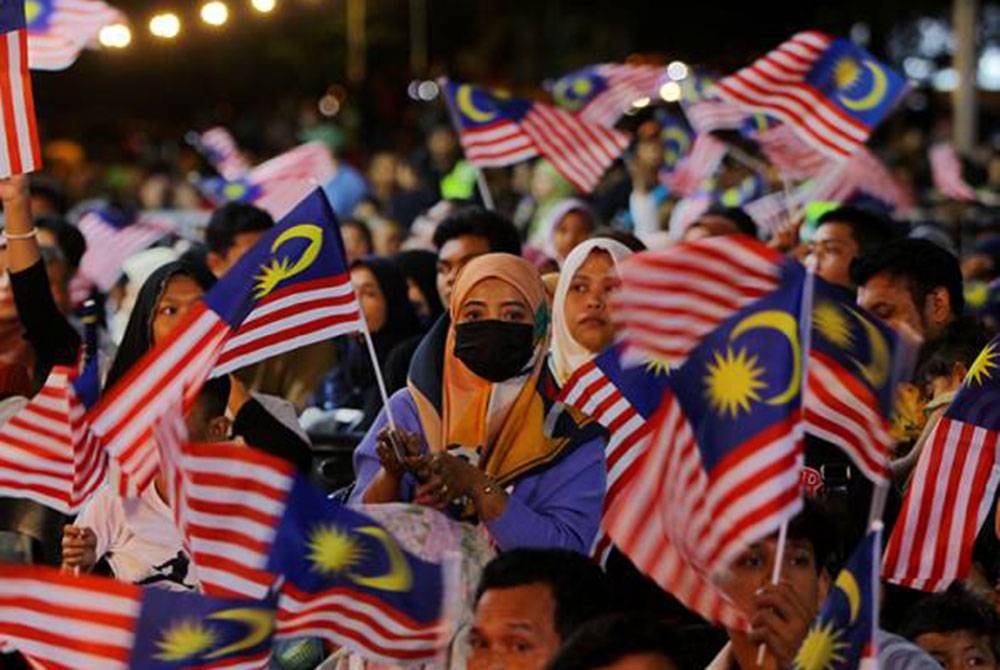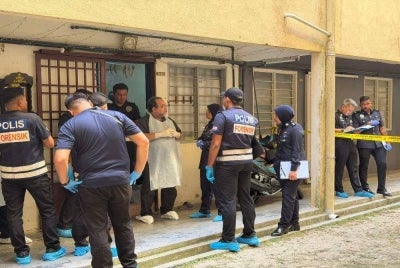Politicians, education failed to unite West and East Malaysia
AHMAD AQMAL AHMAD RAHMAN
SHAH ALAM - The unity of east and west Malaysia has always focused on Malaya, despite Malaysia itself being different than Malaya.
In a Sinar Daily special podcast collaboration with Bual Studio and Reka Sounds titled 'From Malaya to Malaysia: 60 years', International Islamic University Malaysia (IIUM) Political Science Association Professor Dr Syaza Shukri was asked whether Malaysians realise the significance of the formation of Malaysia.
She spoke about the unity of east and west Malaysia and how there is little to no appreciation for the other entities involved in the formation of Malaysia, namely Sabah, Sarawak, and Malaya (Singapore was expelled from Malaysia in 1965).
"The short answer to both is no, unfortunately.
"The focus has always been on Malaya as the basis of Malaysia's formation, which is not true.
"Malaysia is formed among these four different entities, Malaya is just one of it.
"The focus had been primarily on Malaya, be it politically, economically, and even socially, where we think Malaya represents Malaysia, which is again untrue, but that is how it was seen," Syaza said.
Syaza said that this perception has led to a failure in terms of unity towards east and west Malaysia. She blamed the leadership for this failure, as well as the lack of education on Malaysia.
"This is where I feel we have failed. To put the blame on the leadership I think is fair as they should have done more to educate the public to show what Malaysia is and there's more than the three main races (Chinese, Malays, Indians), there are more in Sabah and Sarawak which some may not know that the majority there were not Muslims as majority think Malaysia is a Muslim-majority nation, Malaya is, but views should be expanded towards including Sabah and Sarawak," she said.
Syaza said that Sabah and Sarawak feel the disparity, as they feel unloved (dianaktirikan) compared to other states.
"This is where there's frustration on their (Sabah and Sarawak) part which is fair as they felt they were the 'stepchild' in this situation and not really seen as equal.
"And of course other states in Malaya felt that way too. There's a huge roadblock for us to come together and truly feel as one as truly Malaysians, so 60 years later I think we failed here."
Syaza was then asked whether the future situation would worsen for the youth.
She responded that the discourse in the state elections looks closer towards the trend of holding their own personal identity, but proper education was needed.
"I'm afraid to say either or as the discourse in the Sarawak state elections looks like it may become worse as both the Borneo side and the Malaya side looked towards holding their own identities lacking a bridge or an overlapping identity.
"I still have faith towards the youth as it is not fair to put the blame on them because they were looking for guidance. And this is where politicians and education comes in where they speak on both sides fairly, instead of only the Malaya history which is all equally important as we are talking about Malaysia. I think education is the most important here.
"We can't talk about those who graduated, but the future generations (individuals in schools) to talk and educate them well especially in history education where students were less interested in which needed something to be done as we are talking about the future and the fabric of the nation," she said.
Download Sinar Daily application.Click Here!














